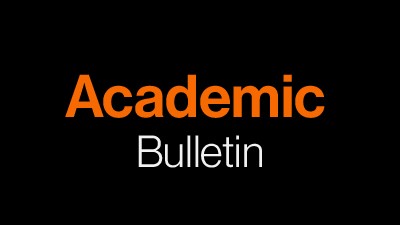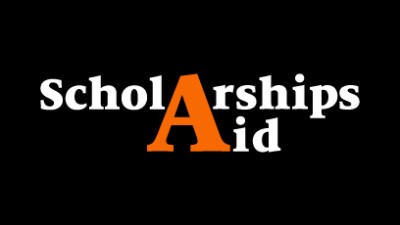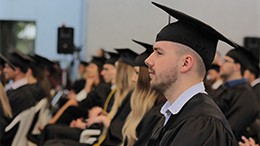Loren Higbee
Assistant Professor
RIT Kosovo
Currently Teaching
ENGL-307
Mythology & Literature
3 Credits
This course is a scholarly investigation into the cultural, historical, social, psychological, religious and spiritual, literary and performative dimensions of world myth. It examines different approaches to the study of myth emerging from disciplines such as anthropology, history, literary studies, and psychology. Special attention will be paid to the effects of these narratives on literature and other kinds of cultural texts, past and present. We will also use myth to develop, and critically reflect on, comparative approaches to world cultures.
ENGL-391
Dangerous Texts
3 Credits
This course will examine how suppression of information has been orchestrated throughout history in different contexts. The process of suppressing information –of people in power attempting to hide images, sounds and words– must itself be viewed in perspective. We must recognize acts of censorship in relation to their social settings, political movements, religious beliefs, cultural expressions and/or personal identities. The texts that we will study were all considered dangerous enough to be banned by governments. They are dangerous because they represent sexuality, race, politics, and religion in ways that challenge the current political/cultural norms of their given culture. What, then, is so dangerous about a fictional representation? What is it that makes a certain work dangerous at a particular time and how does this danger manifest itself in stories, novels (print and graphic), and poetry? Studying these dangerous texts and watching some dangerous films we will ask: what features of political and cultural regimes do artists tend to single out for criticism? What is the range of expressive tools they use, including the contemporary context of digital media? What is it that makes intellectuals in general and imaginative writers in particular so potent a threat to established power? Do issues like these matter only in totalitarian regimes, or can we learn something about the book-banning pressures in our own society? How do social media technologies complicate discussions of censorship and creativity?
UWRT-150
FYW: Writing Seminar
3 Credits
Writing Seminar is a three-credit course limited to 19 students per section. The course is designed to develop first-year students’ proficiency in analytical and rhetorical reading and writing, and critical thinking. Students will read, understand, and interpret a variety of non-fiction texts representing different cultural perspectives and/or academic disciplines. These texts are designed to challenge students intellectually and to stimulate their writing for a variety of contexts and purposes. Through inquiry-based assignment sequences, students will develop academic research and literacy practices that will be further strengthened throughout their academic careers. Particular attention will be given to the writing process, including an emphasis on teacher-student conferencing, critical self-assessment, class discussion, peer review, formal and informal writing, research, and revision. Small class size promotes frequent student-instructor and student-student interaction. The course also emphasizes the principles of intellectual property and academic integrity for both current academic and future professional writing.










